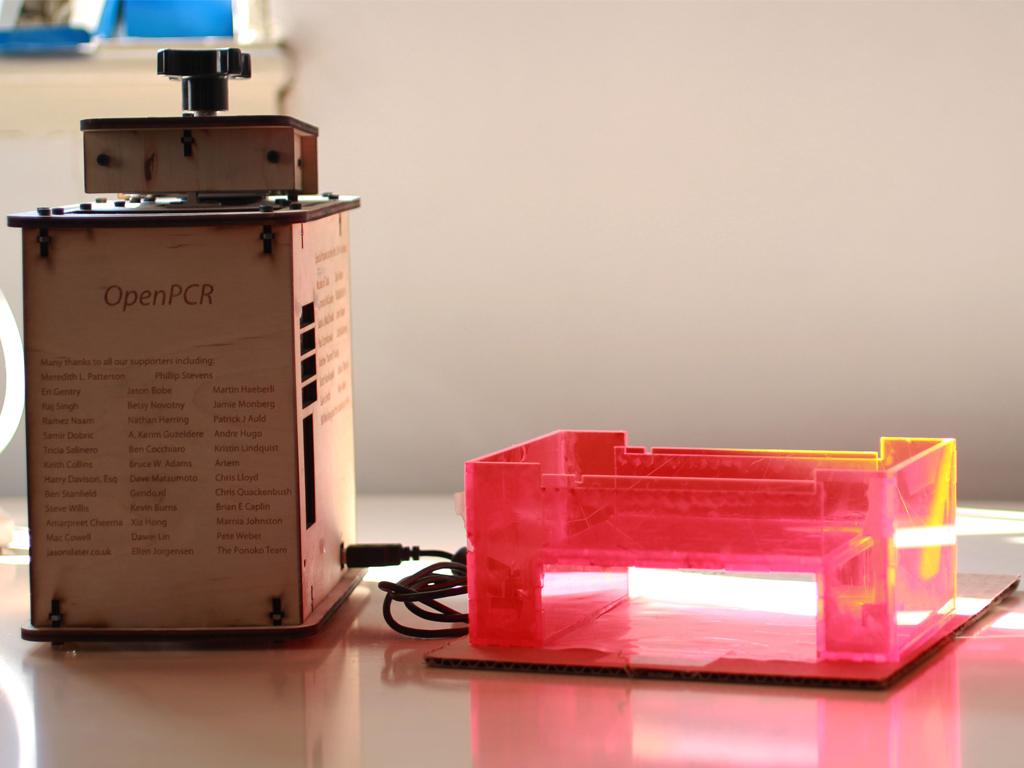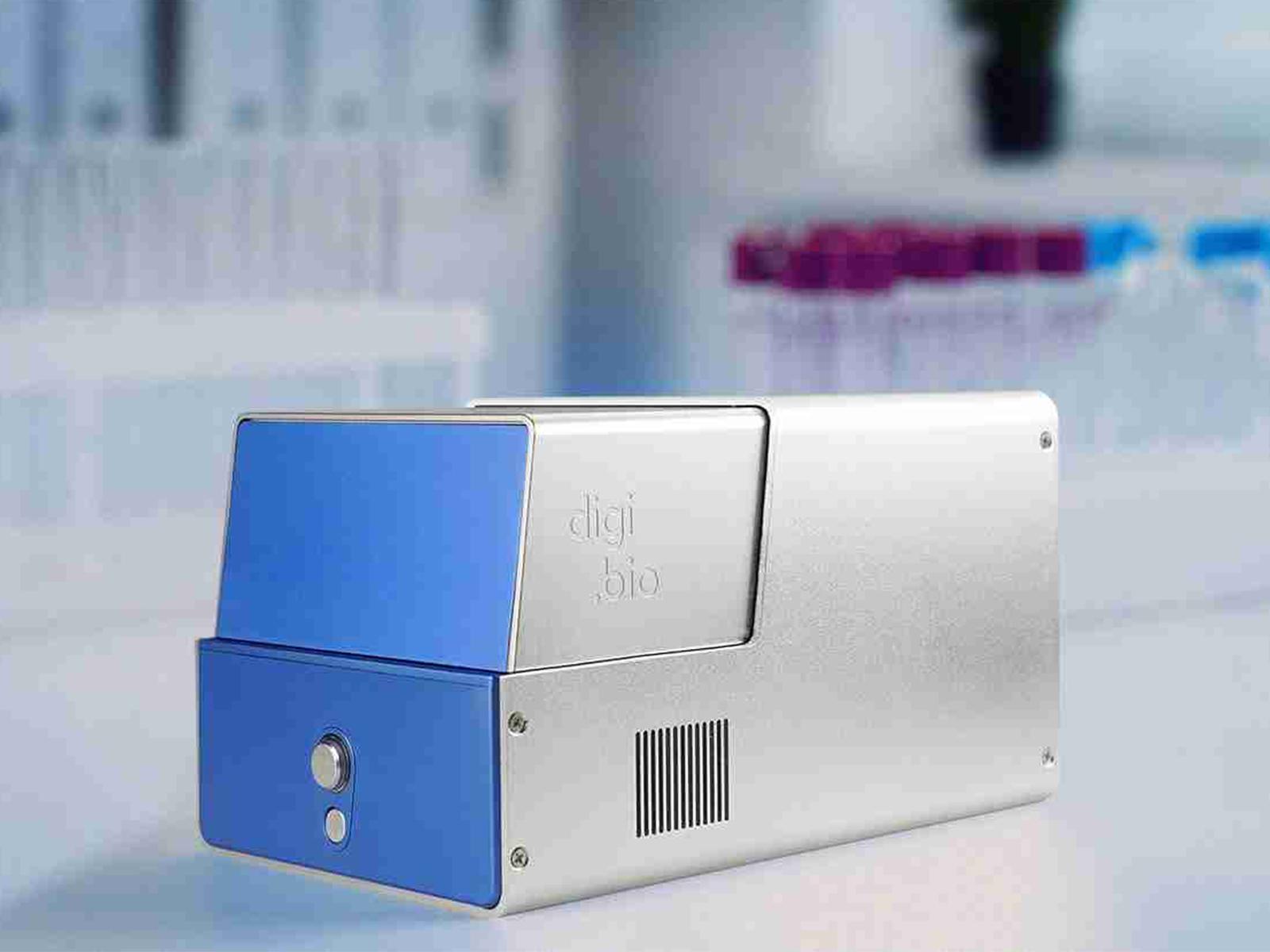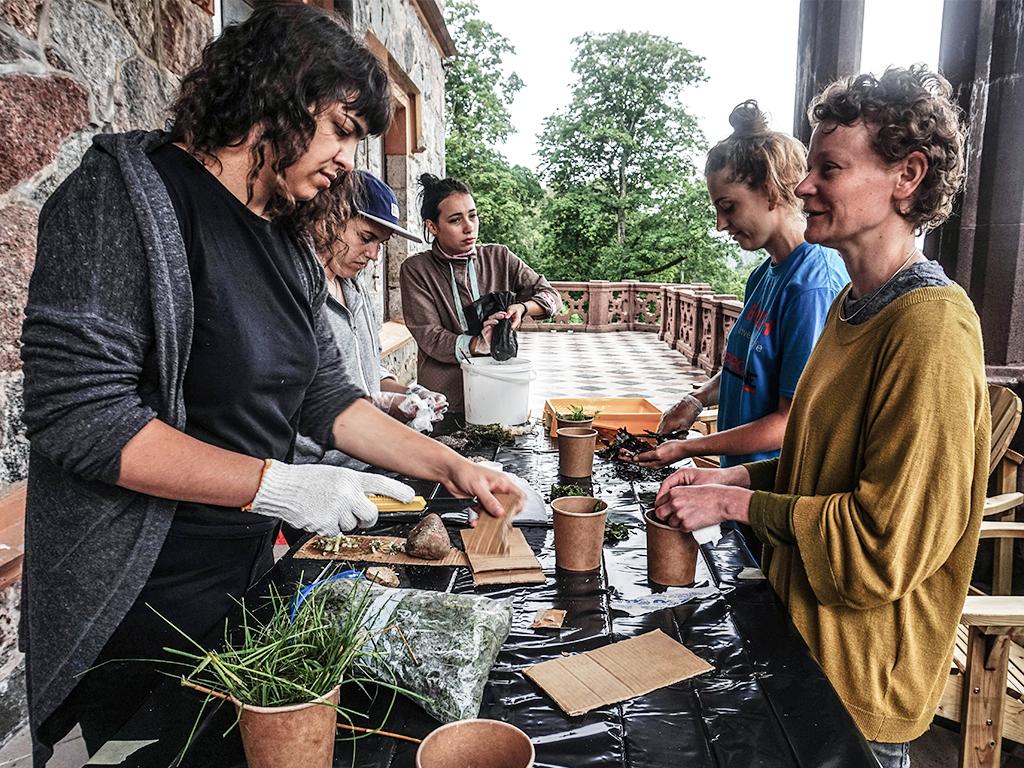In June this year many BIY biologists from all parts of Europa came to Amsterdam for the opening of our Open Wetlab. Some members of the Hacker Space Groningen immediately saw the possibilities of the public lab. Back at their own FabLab, they started working on their own equipment. At the Mini Maker Faire they proudly showed off their results.
As all bio technicians know, one of the most fundamental tools in the biolab is the PCR machine. This device is capable to guide a bio chemical reaction to analyze DNA. Forensic scientists use it to connect DNA samples of suspects to the crime scene. Some years ago, makers worldwide have worked on an open source PCR machine, the OpenPCR. At the Open Wetlab this machine is regularly used. Alessio Marcozzi, Richel Bilderbeek and other members os DIY Bio Groningen took the challenge to further improve the design. A few weeks ago they sent out invitations to pit the OpenPCR against the new machine. With our OpenPCR in my bag, I travelled to the Mini Maker Faire in Groningen.

At the NNT Theater de Machinefabriek there was that famous 'makers' atmosphere. Between tables with new 3D printers and MaKey Makeys, a place was reserved for DIY Bio Groningen. Here, visitors could isolate their DNA and have it tested.
For a moment, the experiment seemed to fail, as none of us had a Windows or Mac computer, necesssary to handle the OpenPCR software. Fortunately, the Irish biohacker Cathal Garvey placed his OpenPyCR software on GitHub. With some modifications we could run the OpenPCR in Debian Linux.
Some of the visitors did not want to try the free DNA analysis. “And what are you going to do with my DNA?” Despite our solemn promisies to destroy it after use, we sould not convince her. For some, DIY Bio can only be trusted if they can really do it themselves.


